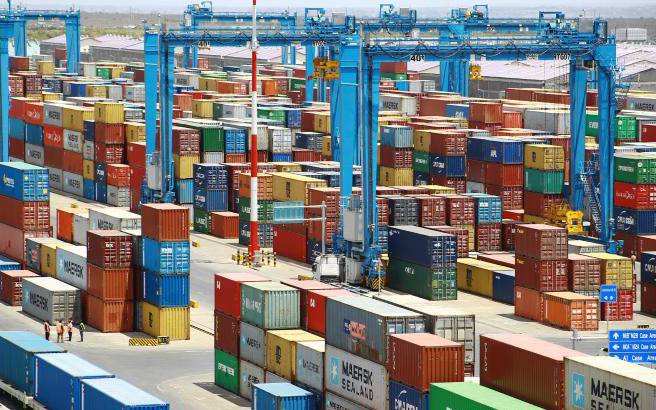×
The Standard e-Paper
Stay Informed, Even Offline

An aerial view of the Inland Container Deport (ICD) in Nairobi where are over congested thus forcing the management to store some of the containers in a Custom Bonded Wharehouse, Sept 23, 2018. [File, Standard]
The private sector stands to benefit as Treasury introduces legislative reforms to ease importation of goods.